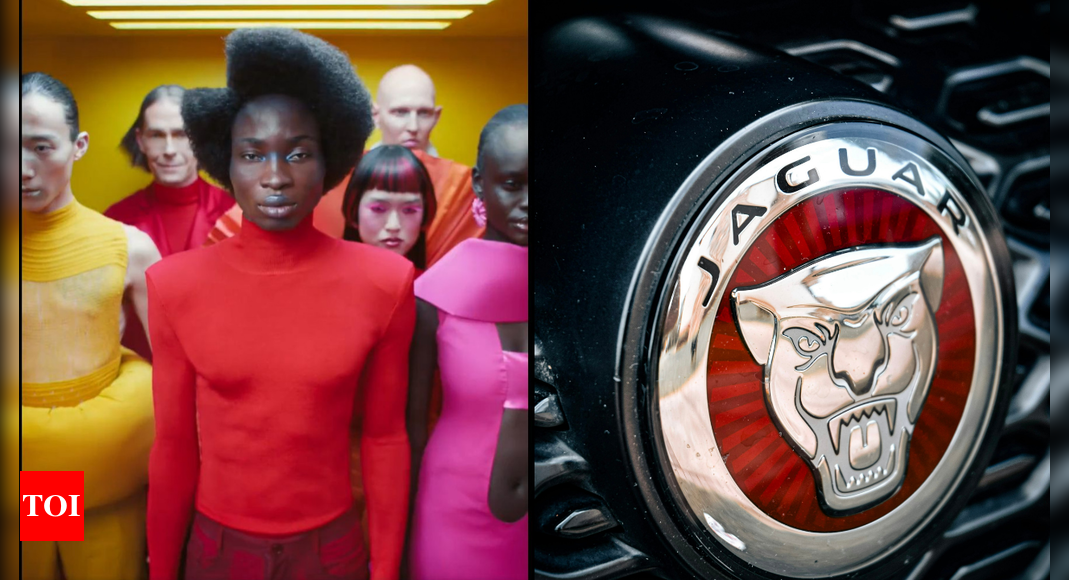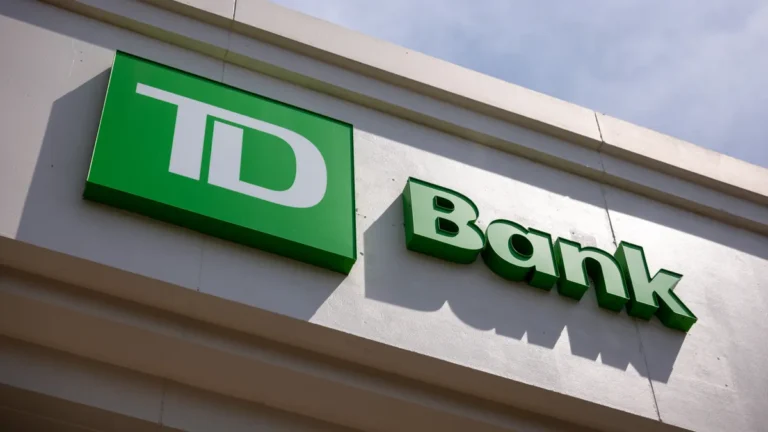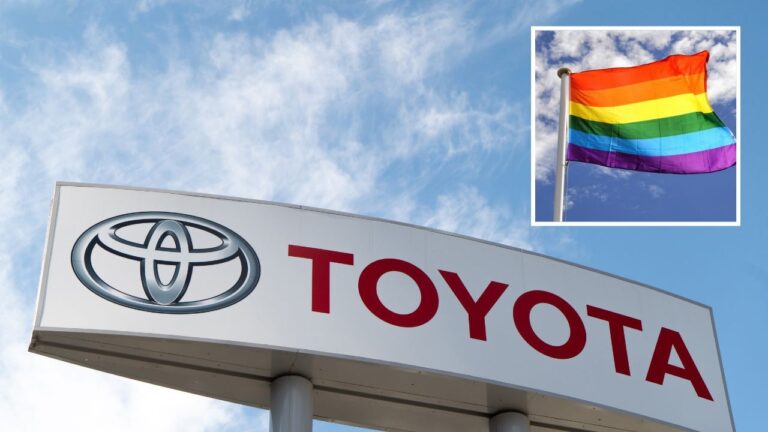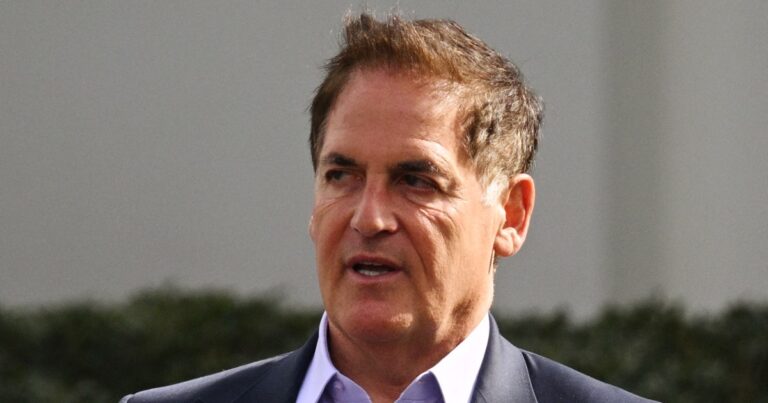Jaguar Faces Backlash Over Controversial Woke Advertising Campaign
Jaguar’s Woke Advertising Campaign: A PR Nightmare?
The world of advertising is a tricky landscape to navigate. Brands constantly strive to make their mark and connect with consumers on a deeper level. However, sometimes, in their quest to be relevant and socially conscious, they stumble into controversial territory. One recent example? Jaguar’s latest advertising campaign, which has drawn significant backlash for its so-called “woke” messaging. In this article, we’ll unpack Jaguar’s controversial campaign, the reasons behind the backlash, and what it means for the future of brand marketing.
What Happened With Jaguar?
Jaguar, known for its luxurious vehicles and sleek designs, recently launched an ad campaign that was intended to resonate with contemporary social values. The campaign aimed to highlight issues such as equality, diversity, and social justice. That sounds great, right? Well, not everyone thinks so.
Some critics claim the ad misses the mark, leading to a wave of online trolling, mockery, and even outrage among some consumers. So, why is a brand that makes stunning cars getting caught in the social media crossfire? It all boils down to execution—or lack thereof.
The Message That Flopped
At the heart of the controversy lies a simple question: did Jaguar truly embody the messages they were promoting? In their campaign, the brand appeared to be more focused on virtue signaling than delivering a meaningful narrative. It’s like showing up to a fancy dinner wearing a tuxedo but then spending the night sitting in the corner scrolling through your phone instead of engaging with others. The presentation might be spot-on, but if the content lacks substance, you’re likely to get mocked.
Some of the phrases in Jaguar’s ads, intended to underline progressive values, came across as more performative than authentic. As with anything in life, if it feels forced, people are going to catch on quickly.
The Public’s Reaction: Why the Backlash?
The backlash against Jaguar’s campaign can be broken down into several key factors that resonated with consumers. Let’s take a closer look at each:
1. Lack of Authenticity
Authenticity is the holy grail of modern marketing. Today’s consumers are savvier than ever; they can sniff out inauthenticity from a mile away. The perception that Jaguar’s campaign was simply an attempt to cash in on social justice issues was a massive turn-off for many.
Could it be that Jaguar was trying too hard to be part of the conversation without genuinely aligning its brand values with those it was promoting? When it comes to social change, brands need to prove their commitment through action rather than just words.
2. Misguided Messaging
Sometimes it’s not what you say but how you say it. Jaguar’s attempt at a “woke” marketing strategy landed flat because the messaging seemed more like an agenda than an earnest dialogue. Instead of fostering discussions, it alienated potential customers who felt they were being lectured rather than engaged.
3. The Meme Machine
In today’s digital age, any campaign that flops is likely to become fodder for memes and jokes across social media platforms. Jaguar found itself at the center of this meme-making machine, with users creating everything from parodies of the ads to outright ridicule. Memes can spread like wildfire, and Jaguar’s campaign became an easy target.
4. The Branding Misfire
It’s vital for brands like Jaguar, which traditionally represent elegance and luxury, to maintain a coherent identity. This recent campaign appeared to clash with their existing brand narrative. Imagine a high-end restaurant suddenly offering fast food—don’t you think that would raise some eyebrows? Likewise, state-of-the-art cars associated with status and sophistication couldn’t simply pivot to social issues without clarity and finesse.
The Impact on Jaguar’s Image
So, what does all this mean for Jaguar’s overall image? Well, the backlash has raised some eyebrows among industry experts, who are concerned about the long-term effects. As a historically premium brand, a misstep like this could tarnish its reputation. Here’s a snapshot of potential impacts:
-
Trust Erosion: When consumers feel a brand isn’t sincere in its values, trust is the first casualty. Jaguar will need to work hard to rebuild that trust with its audience.
-
Sales and Market Position: If the backlash continues, it could impact sales—especially among younger consumers who place high value on brand integrity.
-
Future Campaigns: Other brands will likely keep a close eye on Jaguar’s next steps. Will they pivot away from socially charged advertising altogether? Or will they try a different approach entirely?
What Can Jaguar Do Moving Forward?
Mistakes happen; no company is immune. The key is in how they respond. Jaguar can take this as a learning opportunity and come back stronger. Here are a few things they might consider:
1. Emphasize Authentic Storytelling
Instead of trying to tick boxes on social issues, Jaguar could focus on telling stories that align with their brand ethos. This means highlighting real people and community-driven initiatives—not just jumping on the hottest trends.
2. Engage with Community
Building relationships with local communities and genuinely engaging in social issues can bring authenticity back into the brand’s narrative. It’s all about demonstrating commitment, not just featuring buzzwords.
3. Utilize Audience Feedback
Launching a campaign without audience insight is like guessing the flavor of a mystery ice cream—you’re bound to get it wrong. Listening to current customer sentiments can help shape future advertising strategies.
4. Revisit Brand Values
If Jaguar wishes to include social issues in its campaigns, it must ensure that these messages align with its longstanding brand values. It’s essential to maintain a coherent identity that resonates with both current and potential customers.
Conclusion
Jaguar’s recent backlash over its “woke” advertising campaign serves as a poignant reminder for brands navigating the complex landscape of modern marketing. Authenticity, genuine storytelling, and audience engagement are non-negotiable factors in today’s consumer marketplace. The ad world is watching, waiting to see how Jaguar will respond. As they say, “Fool me once, shame on you; fool me twice, shame on me.”
The ball is firmly in Jaguar’s court, and it will be fascinating to see how they adapt.
FAQs
1. What was the main controversy around Jaguar’s advertising campaign?
The main issue was the perception that Jaguar’s campaign was inauthentic and more focused on virtue signaling rather than genuine social change.
2. How did the public respond to the campaign?
The public reaction was largely negative with widespread trolling, meme-making, and ridicule on social media platforms.
3. What impact could this have on Jaguar’s reputation?
Potential impacts include erosion of trust, negative influence on sales, and heightened scrutiny of future marketing efforts.
4. What can Jaguar do to repair its image following the backlash?
Jaguar can focus on authentic storytelling, deepen community engagement, use audience feedback, and revisit its brand values.
5. Why is authenticity important in marketing today?
Authenticity fosters trust and loyalty among consumers, making them more likely to support and engage with a brand.







